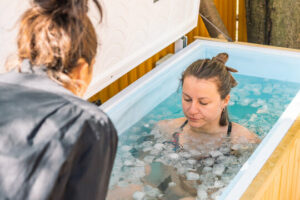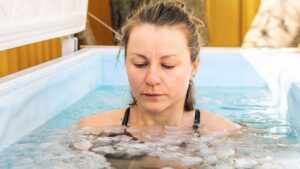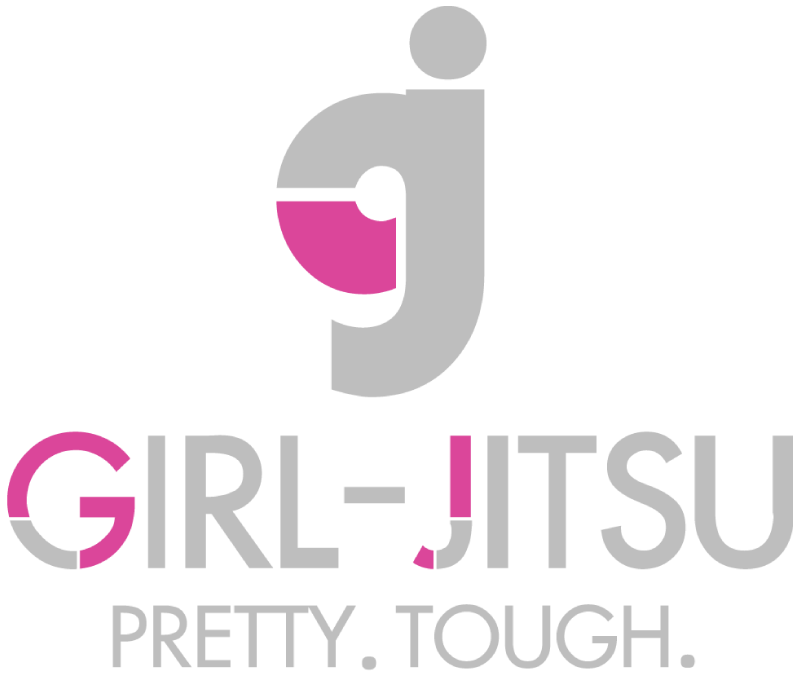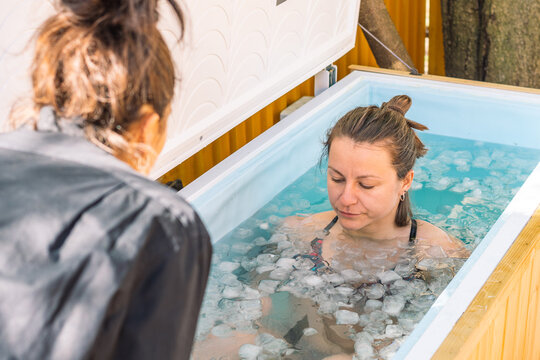Jiu Jitsu is an intense martial art that demands physical and mental resilience from its practitioners. The rigorous training sessions can leave the body feeling fatigued, sore, and prone to injuries. While traditional recovery methods such as rest and stretching are essential, an increasingly popular and effective technique gaining traction among Jiu Jitsu enthusiasts is the ice bath. This article will delve into the science-backed benefits of ice baths and how they can significantly enhance the recovery process for those who train Jiu Jitsu.
 After an intense Jiu Jitsu session, muscles experience micro-tears and inflammation, leading to soreness and discomfort. Ice baths, also known as cold-water immersion, work wonders in reducing this post-exercise muscle soreness. The cold temperature causes blood vessels to constrict, reducing blood flow to the affected muscles. Once the body warms up after the ice bath, fresh blood rushes to the muscles, flushing out waste products and delivering vital nutrients. This process aids in faster muscle repair and minimizes inflammation, helping Jiu Jitsu practitioners bounce back quicker for their next training session.
After an intense Jiu Jitsu session, muscles experience micro-tears and inflammation, leading to soreness and discomfort. Ice baths, also known as cold-water immersion, work wonders in reducing this post-exercise muscle soreness. The cold temperature causes blood vessels to constrict, reducing blood flow to the affected muscles. Once the body warms up after the ice bath, fresh blood rushes to the muscles, flushing out waste products and delivering vital nutrients. This process aids in faster muscle repair and minimizes inflammation, helping Jiu Jitsu practitioners bounce back quicker for their next training session.
One of the most significant advantages of ice baths is their ability to speed up the recovery process. The cold temperature helps reduce metabolic activity and the production of lactic acid in the muscles. By decreasing lactic acid build-up, ice baths prevent the onset of fatigue and allow athletes to recover faster between intense training sessions. This accelerated recovery enables Jiu Jitsu practitioners to train more frequently and perform at their best consistently.
Jiu Jitsu often entails various grappling techniques and joint locks, leading to minor injuries and discomfort. Ice baths can provide significant pain relief by numbing the affected areas and reducing swelling. The cold immersion triggers the release of endorphins, which act as natural painkillers, bringing relief to tired and aching muscles and joints.
Ice baths cause vasoconstriction, where blood vessels constrict and then dilate once exposed to warmth. This process creates a “pump effect” that enhances blood circulation throughout the body. Improved circulation helps remove waste products and toxins, promoting overall bodily health. Additionally, the enhanced blood flow stimulates the immune system, making Jiu Jitsu practitioners more resilient to potential infections and illnesses.
Beyond the physical benefits, ice baths also contribute to mental resilience. Stepping into an ice bath requires mental fortitude, pushing Jiu Jitsu practitioners outside their comfort zones. Over time, this exposure to cold stress can increase mental toughness, enhancing their ability to handle the mental challenges of training and competitions.
practitioners outside their comfort zones. Over time, this exposure to cold stress can increase mental toughness, enhancing their ability to handle the mental challenges of training and competitions.
Moreover, the cold immersion triggers the release of norepinephrine, a hormone and neurotransmitter that acts as a natural stress reducer. As a result, ice baths have a calming effect on the nervous system, alleviating stress and anxiety, which is essential for Jiu Jitsu practitioners striving for optimal performance.
For Jiu Jitsu practitioners, the benefits of ice baths cannot be overstated. From reducing muscle soreness and inflammation to speeding up recovery and enhancing mental resilience, cold-water immersion is a powerful tool to optimize training outcomes. Integrating ice baths into their recovery routines can help Jiu Jitsu enthusiasts reach their full potential and stay at the top of their game. However, it’s essential to remember that ice baths are not a substitute for proper rest, nutrition, and stretching. When used in conjunction with a holistic recovery plan, ice baths can undoubtedly give Jiu Jitsu practitioners the competitive edge they need to excel in this demanding martial art.

